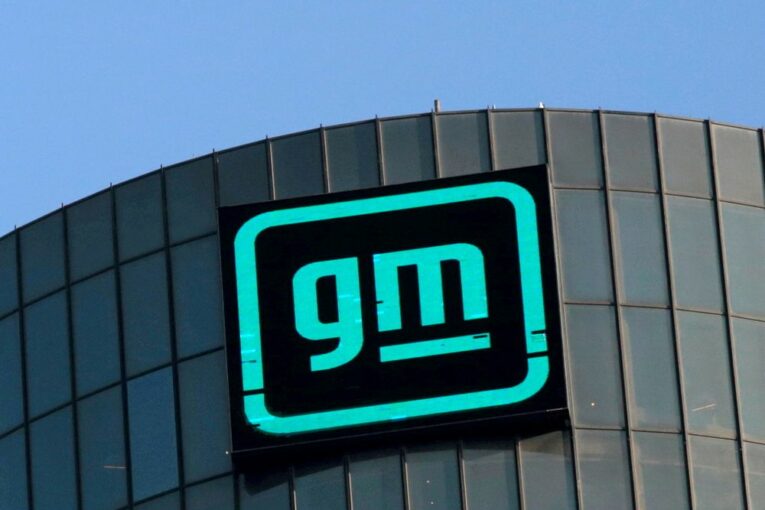
General Motors Co. is planning a return to Quebec, although this time it will be making cathodes instead of Camaros.
Federal industry minister François-Philippe Champagne summoned reporters to a Chevrolet dealership in Montreal, on March 7 to announce that GM had agreed to build a $500-million factory in Bécancour to make cathode active material, or CAM, an integral component of electric-car batteries.
“If you want to build a carbon-free future, Canada needs to be part of the equation,” said Champagne, who was joined virtually by his Quebec counterpart, Pierre Fitzgibbon, and Scott Bell, president and managing director of GM’s Canadian unit.
Neither Champagne nor Fitzgibbon disclosed how much public money will be used to back the project. GM said in a press release that it was “working with” the two governments to build the facility, along with South Korea’s POSCO Chemical Co. Construction will start immediately, and the plant is expected to be ready to produce CAM in 2025, Bell said at the press conference.
If you want to build a carbon-free future, Canada needs to be part of the equation
François-Philippe Champagne
“This is a big day, because we are seeing the return of GM to Quebec after 20 years,” said Bell, an allusion to his company’s decision in 2001 to close a factory in Ste. Thérèse that built Camaros and Firebirds, putting 1,200 people out of work. The facility was Quebec’s only automotive assembly plant at the time, and many called in the “end of the auto industry in Quebec.”
The GM announcement is part of a broader effort to make Canada a player as the automotive industry switches to electric vehicles. The federal government, Ontario, and Quebec say they are determined to capitalize on Canada’s abundance of the raw materials essential to the production of batteries, including cobalt, nickel, graphite, and lithium.
Prime Minister Justin Trudeau’s government also aims to position Canada as an industry leader in the production of electric vehicle batteries. According to Invest in Canada, Canada ranks fourth in the world for electric vehicle raw materials, and is expected to rise to third by 2025. This puts Canada in an “enviable” position, Champagne said.
“The car of the future should not only be electric, but it should be green,” Champagne said. “It doesn’t make much sense to export minerals [from] Africa, to refine them in Asia, and to produce batteries with coal.”
To be sure, a “green” automotive industry probably won’t employ as many people as it did in the past. The new Quebec facility is projected to create 200 jobs.
Bécancourt “will be a very important link to our all-electric future,” said Bell, adding that GM chose the municipality, about 180 kilometres northeast of Montreal, because it could offer low-emission electricity, as well as proximity to resources and assembly plants. Bell noted that the construction of the facility would operate on an “aggressive timeline,” forging ahead despite pandemic-induced labour shortages.
When asked about GM’s plans for recycling used batteries, another area where Canadian officials sense opportunity, Bell said, “there’s a lot of work being done in this piece of the business.”
He added: “The reality of the world is that our batteries have a lot of life left in them, even after the vehicle.”
• Email: [email protected] | Twitter: marisacoulton
You can read more of the news on source
